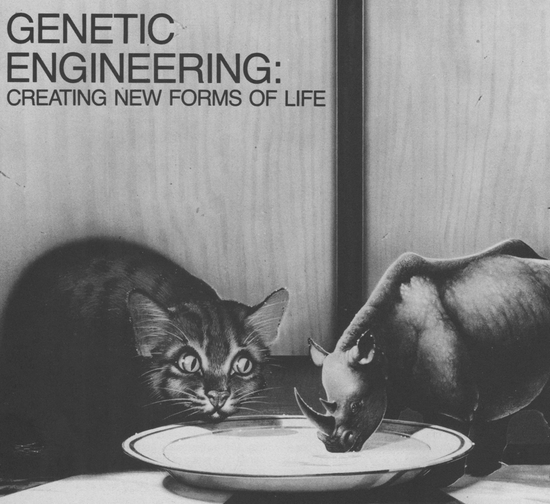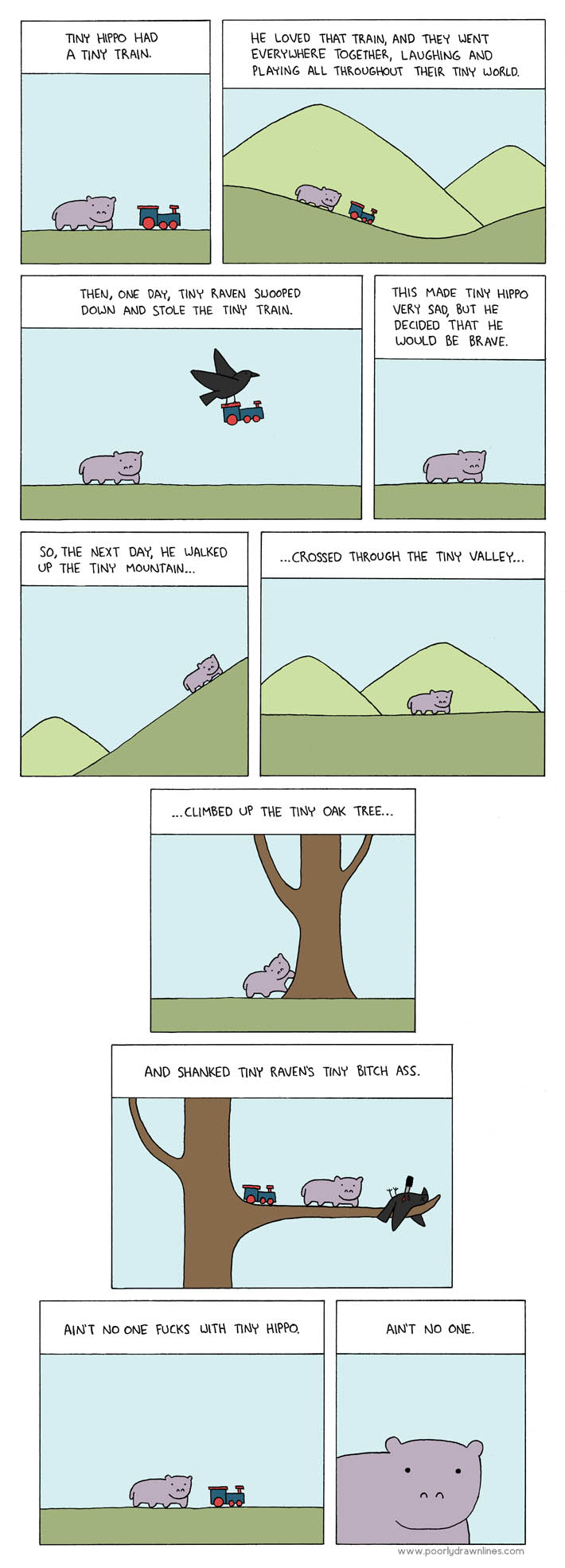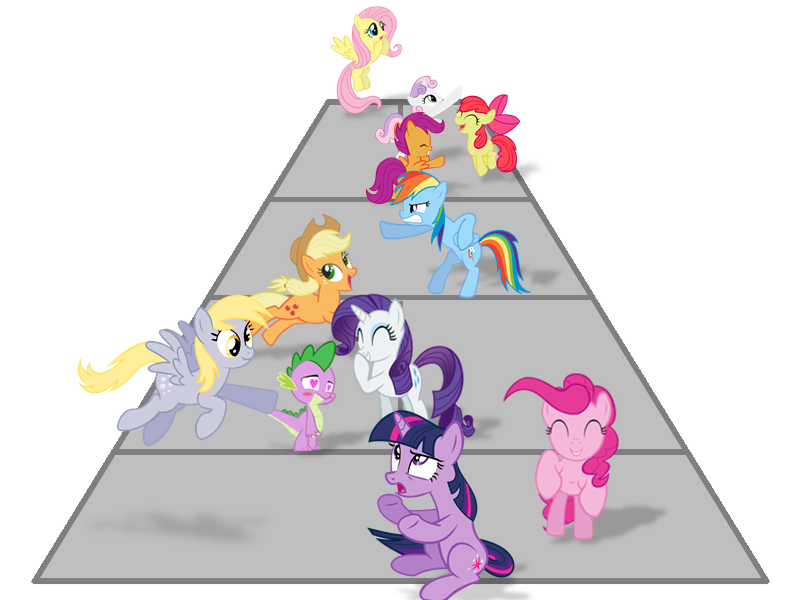Ok, so sci-fi is cool and all but a lot of it does a poor job of representing evolution.
I voted yes, with the condition ... it should be used to reintroduce those species that were not wiped out by natural selection, but rather unnatural selection
A few things to say about this...
I'll start by saying that my position on de-extinction is not really one way or the other.
OK. To point out a few practical problems with this idea...
1. Dinosaurs will probably never be brought back. They have been extinct for tens of millions of years. DNA does not preserve well over such a long period of time. Compared to dinosaurs, mammoths went extinct last week.
2. Where will we put them? Lets say we bring back anything that has been extinct for more than a few decades. The environment has surely changed since they exited the stage. When we bring them back, this old organism will be exposed to an unfamiliar climate, new pathogens, and new competition for resources and territory.
3. In order to bring a species back from the dead, many, MANY, unique samples of DNA would be needed. Genotypic and phenotypic variety is necessary if you expect to propagate a species to the point of creating a stable population. When a species loses much of its diversity in a bottleneck event (could be a natural or man-made factor), it loses much of its chance of surviving in the long run. Environments are always changing. For a species to adapt, it can't just decide, "well, things are changing, so let's get with the times!" (Humans can do this because we have very complex culture and technology... among other things). For a species to adapt, there needs to be variety among the individuals. When the environment changes and a species has much variation, some of the individuals will be more successful in finding food, territory, avoiding, predators, and reproducing than others. The less successful individuals will die off and their genetic information will not be passed to future generations.
In the case of a bottleneck event, or in the case of bringing back a SINGLE individual from an extinct species, there is inevitably less variation. Without diversity, the rest of the individuals will essentially begin inbreeding. Without the flow of new genetic information to the gene pool, it will stagnate and only become more vulnerable to further changes.
If we bring any living thing back from extinction, who will it mate with? Hybridization is an option but we don't yet know if mammoths and any contemporary relative can successfully produce viable offspring. My guess is that they can't.
I think that if an animal, such as the mammoth is brought back, the intention is not to bring back the whole species but one or a few individuals as proof of concept and to study.
Humans have directly and indirectly caused the severe endangerment of many species and the extinction of others. But is it really in our best interest (or in the biosphere's) to bring it back because it's "our fault?"
Furthermore... Is there a difference between natural and artificial selection? After all, we are, at the basest level, simply another organism to compete with... a factor in the environment that acts as a selecting agent. We descended naturally just as all other living things. We have the power to alter the course of evolution... but so does anything else. And like anything else, we can alter the course but not predict it.
For thousands of years humans have been a powerful force in the evolution of life on Earth. Many things have been lost and we will surely lose much more. It is simply the way evolution has always worked. There is nothing unnatural about it.
I'll get to the ethical issues and my personal thoughts after I pick up my pizzas...











